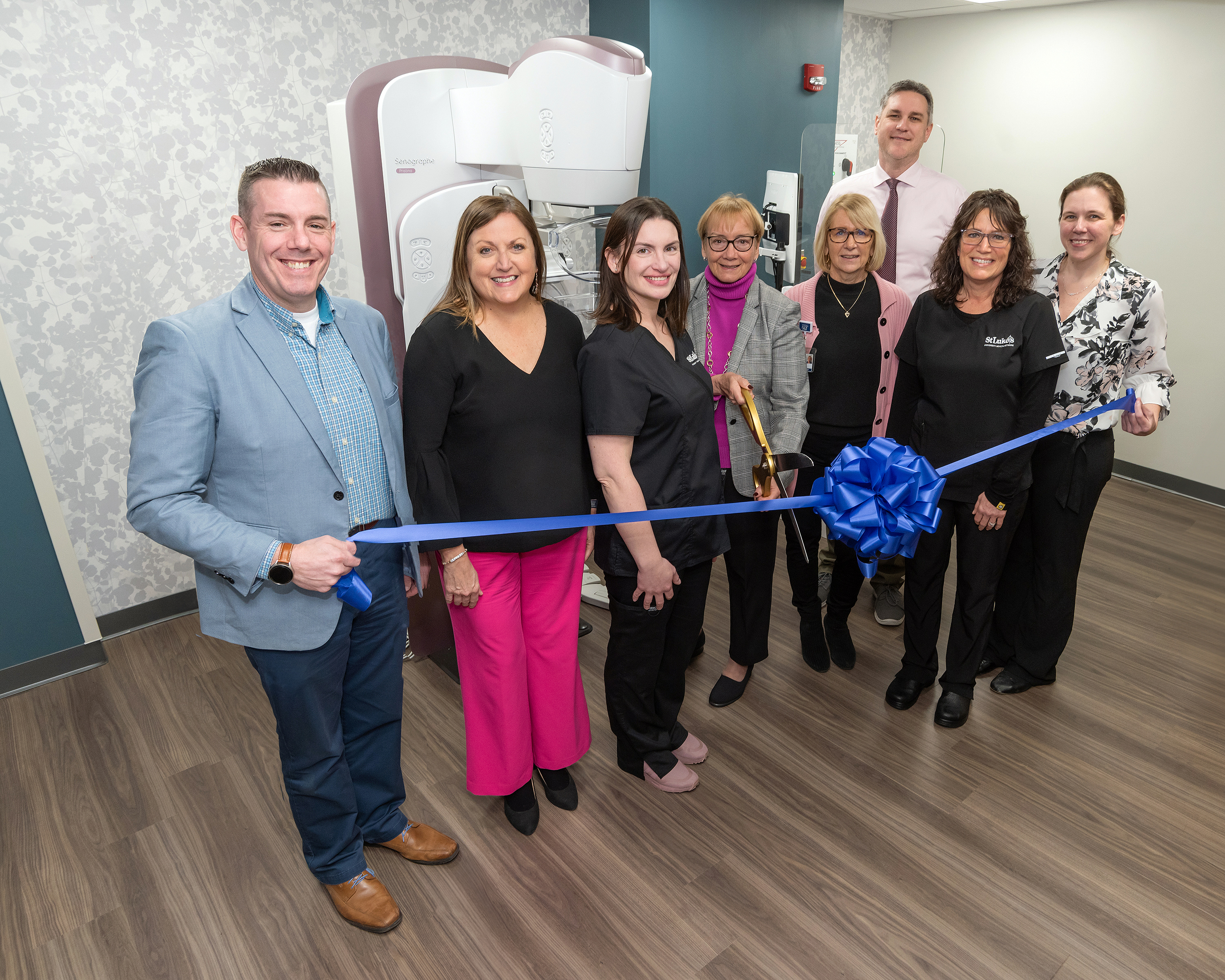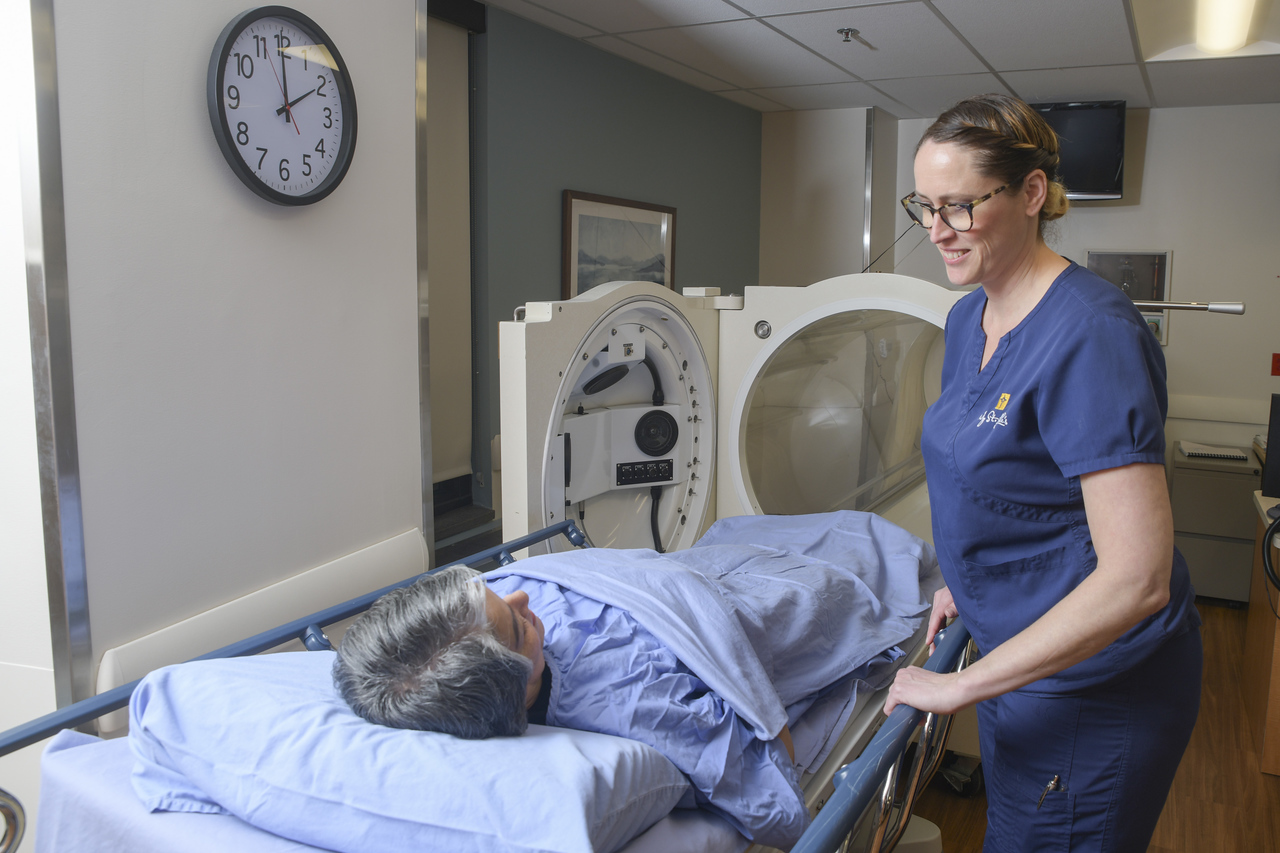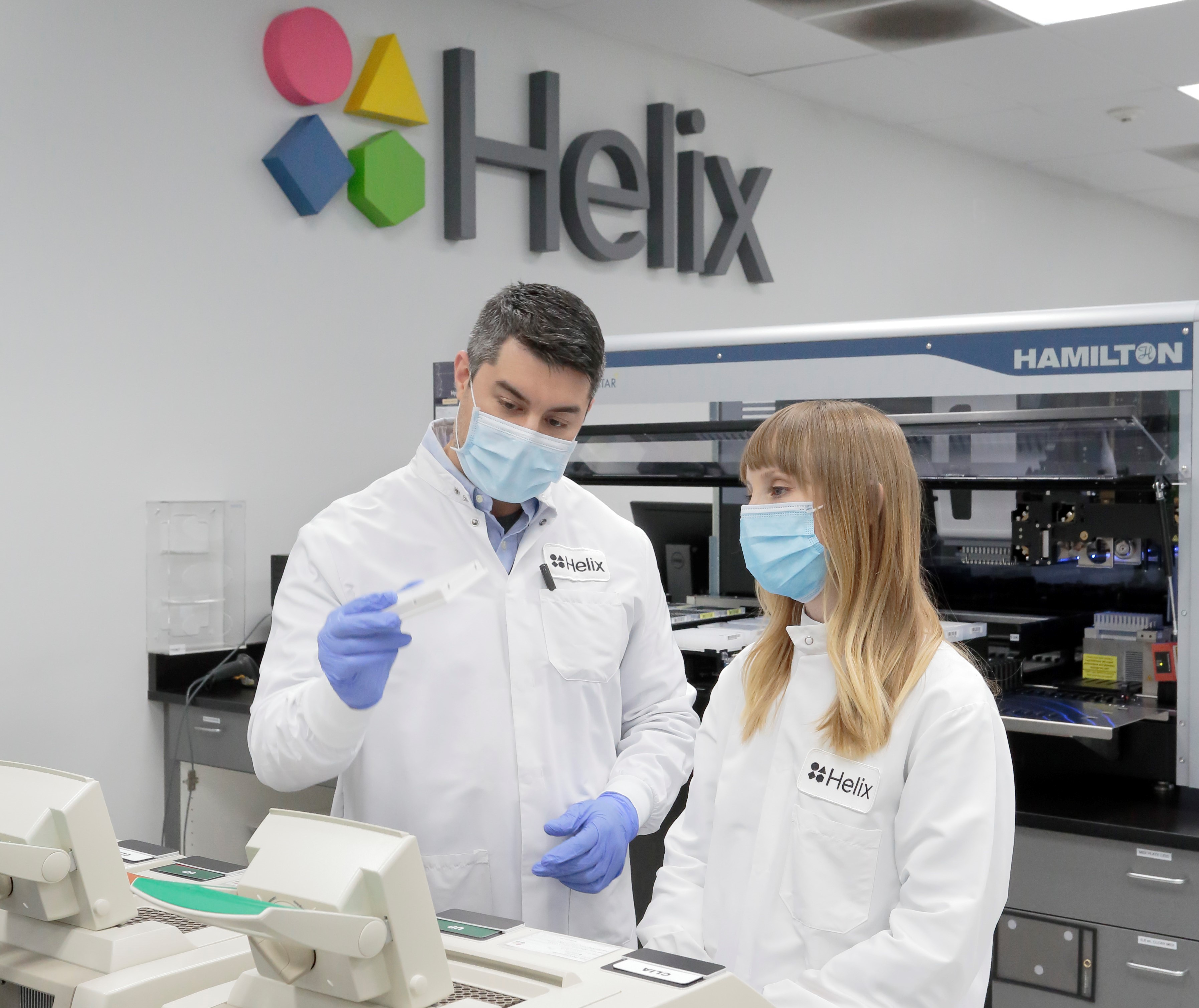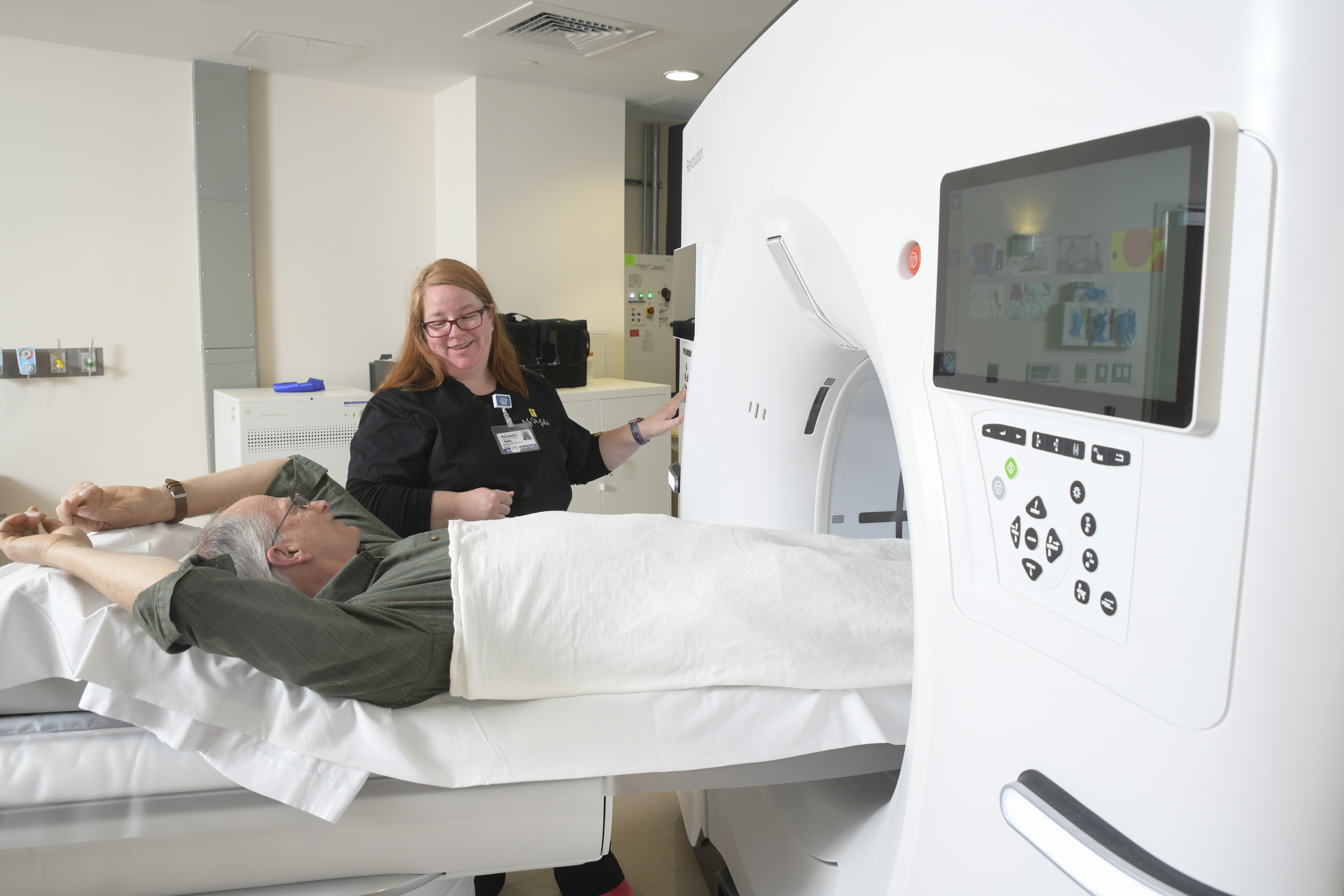Blog
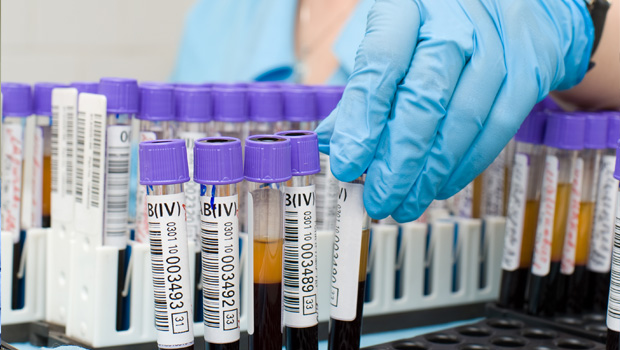
St. Luke’s Cancer Center treats patients with malignant and benign blood disorders.
When patients with blood conditions come to the St. Luke’s Cancer Center for their first appointment to see one of our medical oncologists, some are upset and frightened by being in a Cancer Center. They may not be aware the Center also treats blood conditions that are not malignant.
“The truth is that not all patients seen in the Cancer Center have cancer; we treat benign blood diseases as well,” says medical oncologist Hikaru Nakajima, MD of St. Luke’s Hematology Oncology Specialists. “Our medical oncologists are all board certified in both medical oncology and hematology (blood disease). There are numerous different types of blood diseases. Indeed, some forms are malignant, such as leukemia, lymphoma and myeloma. However, some are benign, or non-malignant, blood diseases.”
There are three distinct cells types and plasma in the blood, explains Dr. Najakima White cells are responsible for fighting infection. Red cells carry oxygen to the entire body, so that body functions properly. Platelets help prevent bleeding. “Hematology focuses on any numerical and/or functional cell abnormality,” says Dr. Nakajima. “Not only will a bone marrow condition affect the number and/or function of the blood, but a condition affecting an organ such as the liver or kidney can result in a blood disorder as well.”
The most common benign blood disease is anemia (decreased red cells). “Although low iron is the common reason for anemia as most everyone can imagine, it should not be assumed this is just an iron deficiency,” says Dr. Nakajima. “There are many other causes for anemia that may not be obvious and may need to be evaluated by specialist.”
Dr. Nakajima advises to have any blood abnormality that does not seem straightforward to be evaluated by a board-certified hematologist. “There have been significant advances in the treatment of low blood counts in addition to traditional transfusion,” he says. “For instance, we have distinct stimulating agents – erythropoietin for red cells; granulocyte growth factor for white cells; and TPO mimetics for platelets – that increase blood cell production. These treatments have the potential to save lives and improve the quality of life for our patients.”
Another important aspect of the hematology practice is coagulation (blood-clotting system abnormalities). Deep venous thrombosis (blood clot) is a common condition. About one in 20 people in the United States will have a blood clot in lifetime. “Some blood clots occur without an identifiable cause; some will be triggered by one or more sources,” says Dr. Nakajima. “Although most blood clots can be managed by family physicians, hematologists should be involved in patient care for a blood clot if the case is somewhat complicated.”
Warfarin (Coumadin) has been used for years to treat blood clots. “Today, newer alternatives to treat blood clots are available and may not require routine monitoring,” says Dr. Nakajima. “We encourage patients to make an appointment to see if the newer medications are right for them.”
The medical oncologists/hematologists at St. Luke’s Cancer Center have the knowledge and expertise, and are committed to diagnosing and treating the full spectrum of blood disorders with advanced treatments and medical technologies.

St. Luke’s Cancer Connection is committed to improve the level of cancer care in the greater Lehigh Valley and surrounding communities.
St. Luke’s Cancer Centers:
1600 Riverside Circle
Easton, PA 18045
801 Ostrum Street
Bethlehem, PA 18015
240 Cetronia Road
Allentown, PA 18014
Learn why healing begins at St. Luke’s Cancer Center.
Call St. Luke’s InfoLink toll-free at 1-866-STLUKES (785-8537).


